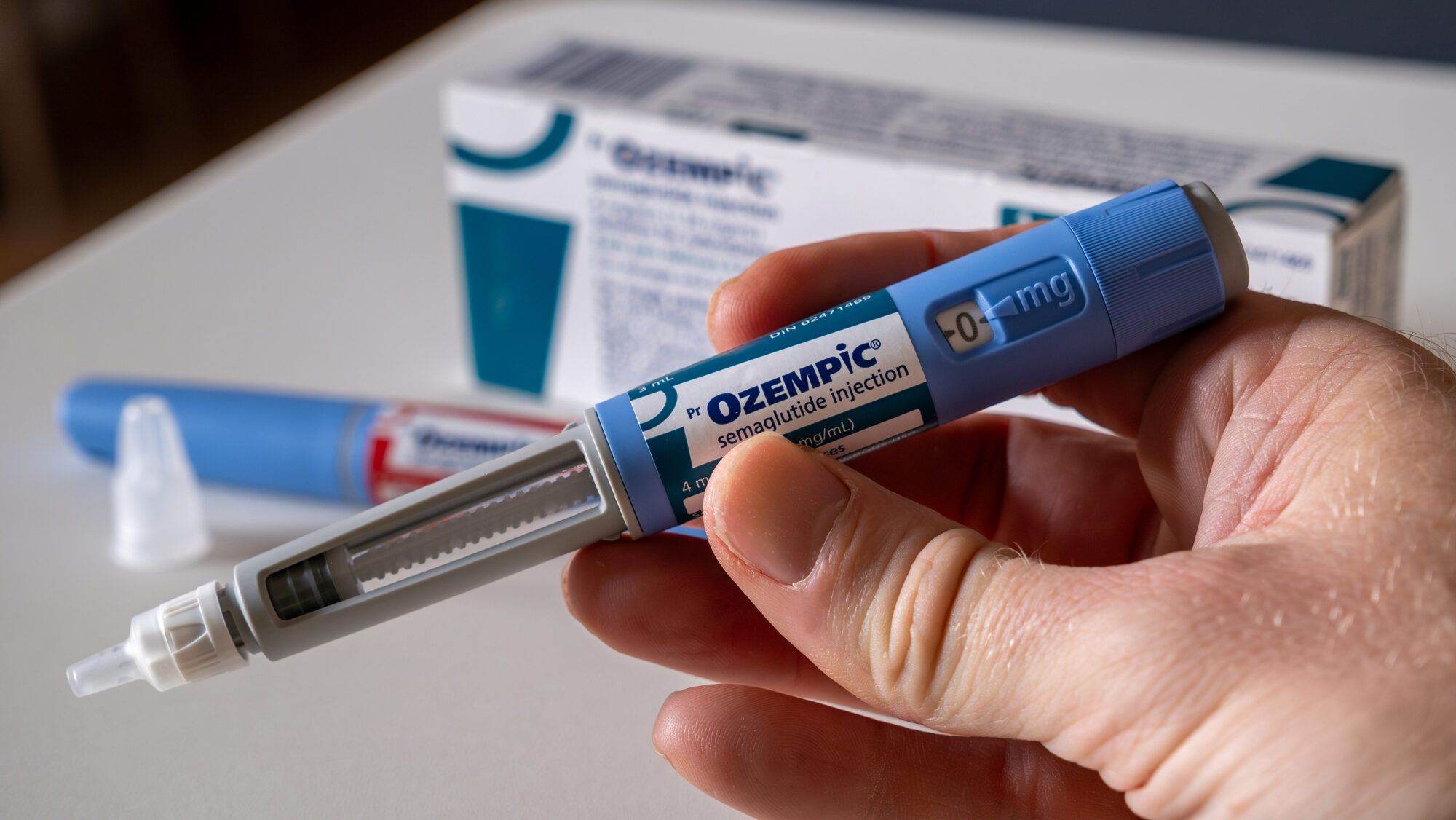Two naturally occurring molecules could be the key to sustained weight management, offering an organic alternative to the so-called diet drugs that have become extremely popular worldwide.
Jerusalem-based Metabolize is using two small molecules known as metabolites, which are produced in the body in response to exercise, intermittent fasting and a ketogenic (low-carbohydrate, high-fat) diet.
These two metabolites, Metabolize founder and CEO Morris Laster tells NoCamels, reduce both appetite and weight like GLP-1 medications, but are less aggressive and do not share their unfortunate side effects.
The GLP-1 (glucagon-like peptide-1) family of drugs is used to treat type 2 diabetes and obesity, and includes now-famous brands such as Ozempic and Wegovy. But many people who take these drugs experience unpleasant side effects such as nausea, vomiting and diarrhea.

According to Metabolize, the GLP-1 side effects are so bad that more than 80 percent of people taking the drugs stop the treatment within the first year and many regain whatever weight they had lost.
Furthermore, Laster explains, because the two metabolites actually target different areas in the brain than GLP-1s, they do not have an adverse impact on the pleasure centers by triggering another unpleasant side effect – a phenomenon known as anhedonia or lack of enjoyment.
Obesity is a rapidly growing problem across the globe. The World Health Organization says that by 2022, some 890 million adults (one in eight people) on the planet were living with obesity – a number that had more than doubled since 1990.
And for adolescents aged five to 19 years the situation is even more grave, with the number of young people living with obesity quadrupling to 160 million in the same period – bringing the total number of people of all ages living with obesity to over one billion.
Metabolize believes its metabolites solution could be a game changer, particularly as it is taken orally and not injected, and is classed by the US Food and Drug Administration as a “new dietary ingredient” rather than medication.
This means that it can be used in foods and accessed over the counter without a prescription once it has successfully completed a checklist of animal toxicology studies.
Sign up for our free weekly newsletter
Subscribe“You can use it as an ingredient in protein bars, drinks and functional foods,” Laster says. “So you can basically have a healthy snack, and it’ll reduce your appetite along the way.”

Although the company was only established in June of this year, the story of Metabolize’s metabolites solution began two years ago, when Laster, a medical doctor and veteran biomedical entrepreneur, became aware of an article in the Nature journal about the N-lactoyl-phenylalanine (Lac-Phe) metabolite, which has a weight loss effect and actually increases in the body due to intense exercise.
Laster reached out to the scientist who discovered the metabolite, Prof. Jonathan Long of Stanford University, who told him that Lac-Phe had to be injected to supplement the body’s own production of the molecule, but he was actually working on another compound – X-Phe – that had the same impact as Lac-Phe but could be taken orally.
While Laster began the process to obtain the license for X-Phe from Stanford, Long informed him that he was working on a third metabolite – N-acetyltaurine (NAT) – that had a similar effect and could also be ingested. And together, X-Phe and NAT could lead to weight loss of up to 20 percent without the side effects of GLP-1 medications and without influencing the pleasure center in the brain.
Laster obtained the licenses for both X-Phe and NAT and so Metabolize, which is also registered in the US State of Delaware, was born.
The company is now working on achieving the FDA’s new dietary ingredient designation. Laster explains that because it is classed as a supplement rather than a medication, the designation cuts down the timeline for entry to market from a decade to 18 months, and the cost from around a billion dollars to three or four million.
“You’re talking about a big difference in terms of investment, but the outcome is pretty much the same,” he says.
Metabolize hopes to meet the FDA requirements and commercialize the supplement by 2026, either selling it over the counter through a B2C model, or license out it to food manufacturers to develop in foods, bars or protein drinks.
“Essentially, you have a healthy snack that is also involved in reducing weight,” says Laster.
Related posts

Israeli Medical Technologies That Could Change The World

Israeli Device Is New, Drug-Free Solution For Men Coping With ED





Facebook comments